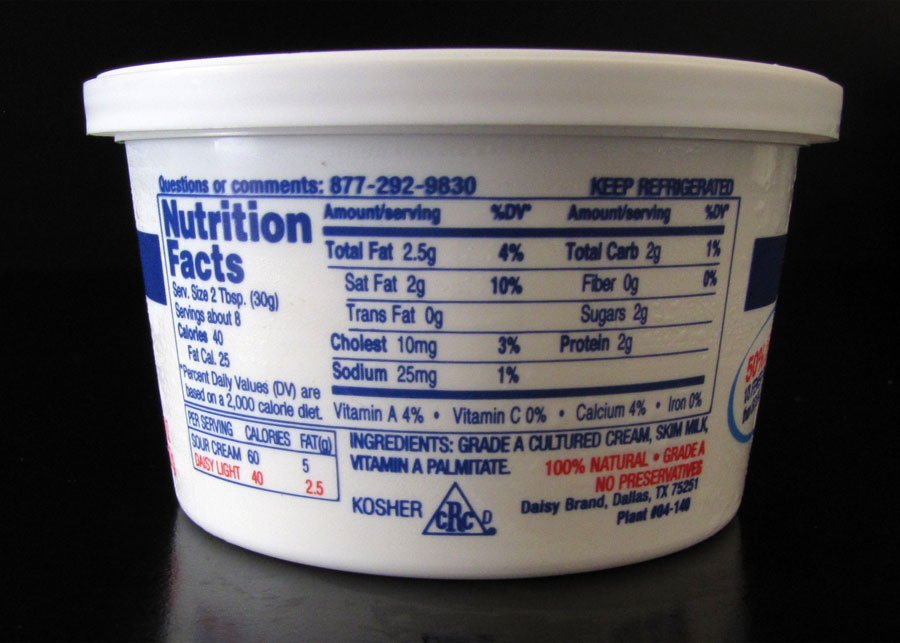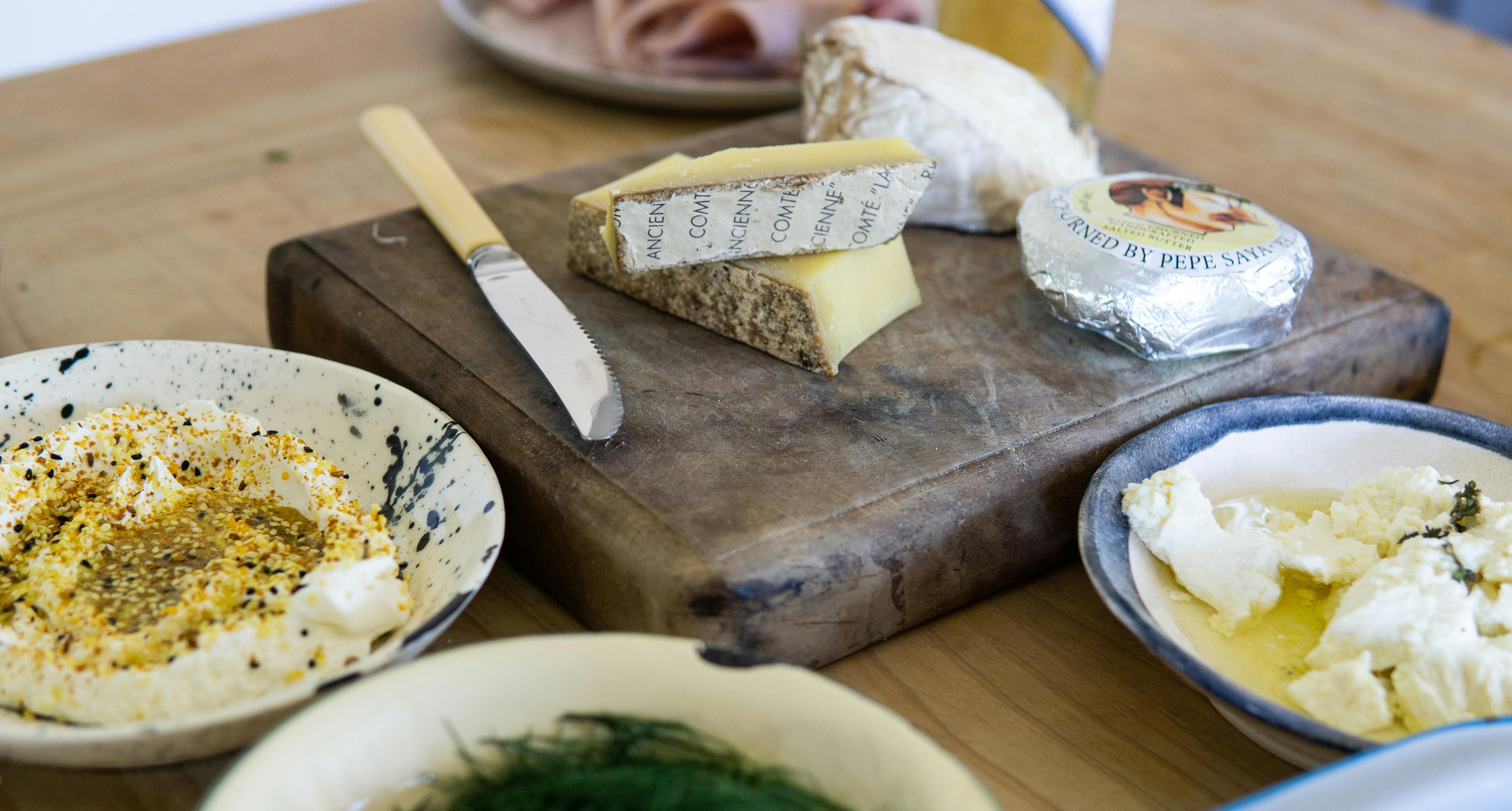
Effective Gallbladder Diet Guide for 2025: Discover Healthy Options
The gallbladder plays a critical role in the digestive system by storing bile that helps break down fats. However, maintaining gallbladder health is essential, as issues can lead to digestive discomfort or gallstones. An effective gallbladder diet can immensely improve your overall well-being and prevent potential health complications. This guide explores the importance of a gallbladder-friendly eating pattern to enhance bile production, manage cholesterol levels, and promote digestive health.
In this article, we'll cover various aspects of the gallbladder diet, including healthy food options, meal planning strategies, and recipe ideas tailored for digestive wellness. Integrating high-fiber foods, lean proteins, and low-fat components can significantly aid in gallbladder function, and we will delve into practical dietary adaptations that can lead to improved health outcomes. Additionally, we’ll share tips on meal prep, portion control, and hydration goals to help you navigate your journey toward better gallbladder wellness.
As we progress through the sections, you’ll find a roadmap for embracing healthy eating habits, from gallbladder-friendly snacks to specific culinary techniques that enhance food quality. Understand how meal frequency and timing can affect digestive processes, and discover the long-term health benefits associated with a tailored dieting approach. Let's begin this journey toward health and wellness together!
Essential Guidelines for a Gallbladder Diet
Building on the foundations of understanding gallbladder health, it is crucial to identify the basic guidelines that define a successful gallbladder diet. The focus should be on promoting digestive health while preventing gallbladder issues.
Nutritional Balance for Digestive Health
The primary aim of a gallbladder diet is to achieve nutritional balance. This involves consuming a variety of whole foods that support bile production and enhance nutrient absorption. Fruits, vegetables, lean proteins, whole grains, and healthy fats should be the cornerstone of your meals. Strive to include foods high in dietary fiber, as they can play a significant role in the prevention of constipation and promote regular bowel movements.
Choosing Gallbladder-Friendly Foods
Opt for gallbladder-friendly foods, which are typically low in fat and saturated fats. Include options such as fresh fruits, vegetables, whole grains, and lean proteins like poultry and fish. Avoid fried foods, high-sugar products, and saturated fats, which can trigger gallbladder attacks. Incorporating anti-inflammatory foods like olive oil, nuts, and avocados can enhance your meal's health value. Meanwhile, keep an eye on portion sizes to further support weight management and overall health.
Meal Planning and Preparation
Effective meal planning and preparation can make or break your gallbladder diet. Create a weekly meal plan that includes a variety of foods to ensure you get all the essential nutrients necessary for health maintenance. Utilize cooking methods such as steaming, baking, or sautéing instead of frying to reduce fat content. Prioritize low-fat dairy options and maintain a good hydration level throughout the day to support digestive processes.
Meal Ideas to Support Gallbladder Function
With these basics established, let's dive into delicious meal ideas that fit within a gallbladder diet structure. Having a well-formed meal plan makes it easier to stay committed to healthy eating habits.
Breakfast Options for the Gallbladder
Start your day with wholesome breakfast options that are easy to prepare and gallbladder-friendly. Oatmeal topped with fresh fruits, such as berries or bananas, is a nutritious choice that provides fiber. A smoothie made with spinach, almond milk, and a scoop of protein powder can be refreshing and digestive-friendly. Incorporating whole-grain toast with avocado also offers healthy fats and essential nutrients.
Lunch and Dinner Recipes
For lunch and dinner, consider incorporating a variety of vegetables along with lean proteins. A quinoa salad with cherry tomatoes, cucumbers, and grilled chicken provides a filling option that is high in fiber. Pair it with steamed broccoli and a drizzle of olive oil to boost the nutritional content. Baked fish, such as salmon, served with a side of brown rice and sautéed greens represents a hearty meal choice.
Healthy Snack Alternatives
During the in-between times, focus on healthy snacks that prevent digestive distress. Snack on fresh fruits like apples or pears for their high fiber content. Low-fat yogurt with a sprinkle of cinnamon also serves as an excellent option, as probiotics can support gut health. Instead of chips or cookies, consider making baked vegetable chips or using raw veggies with hummus as a satisfying alternative.
Incorporating Healthy Fats and Hydration
Taking this concept further, understanding the role of fats and hydration can significantly influence gallbladder health. The type and amount of fat consumed play a vital role in bile production and digestion.
Healthy Fats for Gallbladder Function
Choosing the right types of fats is crucial for maintaining gallbladder wellness. Incorporate heart-healthy fats such as avocados, nuts, and seeds, which provide essential nutrients without overwhelming the gallbladder system. Olive oil can serve as an excellent cooking oil alternative while offering anti-inflammatory benefits. Reducing intake of saturated fats, typically found in processed foods and red meats, can help decrease the risk of gallbladder complications.
Maintaining Proper Hydration
Staying well-hydrated is essential for optimal digestive health. Aim for adequate water intake throughout the day to facilitate digestion and nutrient absorption. Green tea can serve as a beneficial beverage, contributing antioxidants while keeping you hydrated. Avoid excessive caffeine and sugary drinks, which may irritate the gallbladder.
Mindful Eating and Meal Frequency
Practicing mindful eating can contribute positively to overall gallbladder health. Pay attention to meal timing and portion sizes to manage caloric intake and avoid feeling overwhelmed. Eating smaller, more frequent meals can ease digestive burden and enhance nutrient absorption. This approach can also help with weight management, reducing the risk of gallbladder attacks.

Common Gallbladder Dietary Mistakes
Understanding potential pitfalls on your dietary journey is essential for adopting a successful gallbladder diet. Fostering awareness of common mistakes helps set the stage for better health outcomes.
Avoiding Trigger Foods
Identifying trigger foods that may provoke gallbladder symptoms is vital. Processed foods high in sugars, refined carbohydrates, and unhealthy fats can exacerbate digestive discomforts, leading to gallbladder attacks. Create a strategy for avoiding these harmful foods by focusing on whole, nutrient-dense options that nourish your body.
Ignoring Portion Control
Misjudging portion sizes can lead to overeating and unwanted weight gain. Utilizing measuring tools or portion control plates can facilitate better practices. Remember, even healthy foods can contribute to excess calorie consumption if eaten in large amounts. Being mindful of portion sizes contributes significantly to weight management and overall well-being.
Neglecting Meal Variety
Sticking to a limited range of foods can lead to nutritional deficiencies. Ensuring a variety of meals keeps your diet interesting and loaded with different nutrients, which is essential for gallbladder function. Explore new recipes, cooking techniques, and ingredients to cultivate a well-rounded palate while facilitating digestive support.

Conclusion: Your Path to Gallbladder Wellness
By following the guidelines of a gallbladder diet, you can significantly improve your digestive health, gallbladder function, and overall well-being. From understanding the principles of nutritional balance to avoiding common dietary mistakes, taking charge of your eating habits can lead to positive health outcomes. Embrace healthy snacks, meal prep strategies, and hydration goals to create a sustainable lifestyle that supports gallbladder health.
As you progress on your journey toward better health, remember to stay mindful of your body's responses to specific foods. Engage in food journaling to track which options promote digestion and overall wellness. Incorporate exercise and other lifestyle changes to further optimize your gallbladder diet, and consult with healthcare professionals to tailor your strategies for the best results.
Though the road may have challenges, your commitment to a balanced gallbladder diet is a step toward reducing the risk of gallstones and promoting lasting health benefits. Start this transformative journey today!